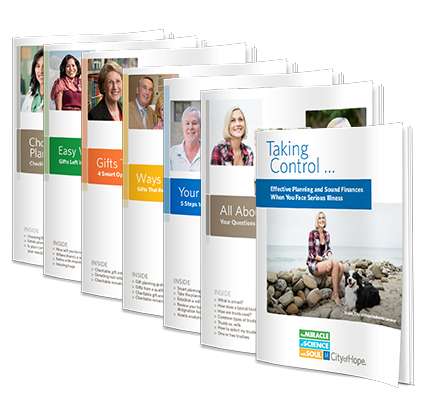How do I start an estate plan?
Most often, people begin their estate planning by creating a will or living trust. These documents stipulate how a person’s assets should be distributed upon their demise. The state of California as well as federal laws governs the legality of a will or trust and it is wise to work with an attorney skilled in trusts and estate planning.
- Make a list of everything you own, from significant down to what you might consider irrelevant. Include all real estate, securities, bank and investment accounts and other financial assets, such as life insurance and retirement accounts. Do not forget personal items, such as special collections, jewelry, cars and boats, and even some clothing. Nothing is too trivial if it comes to mind. Also, find the documents that show ownership so you can tell what is held jointly with a spouse and/or someone else or just by you alone.
- Once you have an idea of what you own, think about how you would want it to be allocated.
- Family is usually first — support for your spouse, loved ones, any education needs and general well being.
- Choose and qualify who you want to be guardian for minor children in the event your spouse predeceases you while your children are still young. Consider who you would want to be your trustee in the event of incapacity.
- Finally, think about who and what else you find meaningful, such as close friends, other relatives and nonprofits such as City of Hope, and decide if you want to provide for them as part of your last wishes.
- Take this list/outline to an estate attorney, who will ask important questions and draft a plan for your acceptance.
Is estate planning expensive?
Making a will carries some expense, but the cost varies depending upon the amount of legal expertise required. While free advice may sometimes be available, we recommend you work with an attorney. Wills and trusts go through a legal process and it may be more costly to your estate to try to implement an improperly produced plan than if you work from the start with a qualified attorney.
An estate plan can also help you save money when certain provisions are included that can reduce estate or income taxes.
What happens if I do not have a plan?
It may actually be more costly to not have an estate plan than to make one. You can also end up “disinheriting” the very people you want to protect. With a plan you can provide for your own important lifetime needs, such as financial and health care decisions, if you are incapacitated. In cases where no will exists, the distribution of assets is generally handled by an official, such as a judge or court-appointed administrator, often using a formula devised by the state of California. Not only will your assets be distributed without consideration of your lifetime priorities and commitments, but a court-appointed guardian will be responsible for making major decisions for minor children, such as where they will live and how they are educated.
Once I have an estate plan, how often should I revisit it?
Once you have created an estate plan, it is important to review it over time to be sure it continues to reflect your current situation and wishes.
Here is a checklist of some reasons you may want to revise your estate plans:
- Heirs are deceased or your wishes have changed
- New family members are present (birth, adoption)
- Divorce or marriage
- New federal and state laws
- Change in guardians, personal representatives or trustees
- A substantial increase or decrease in the value of your estate
- The acquisition or disposition of a significant asset
- You have not revisited your will in 3 to 5 years


